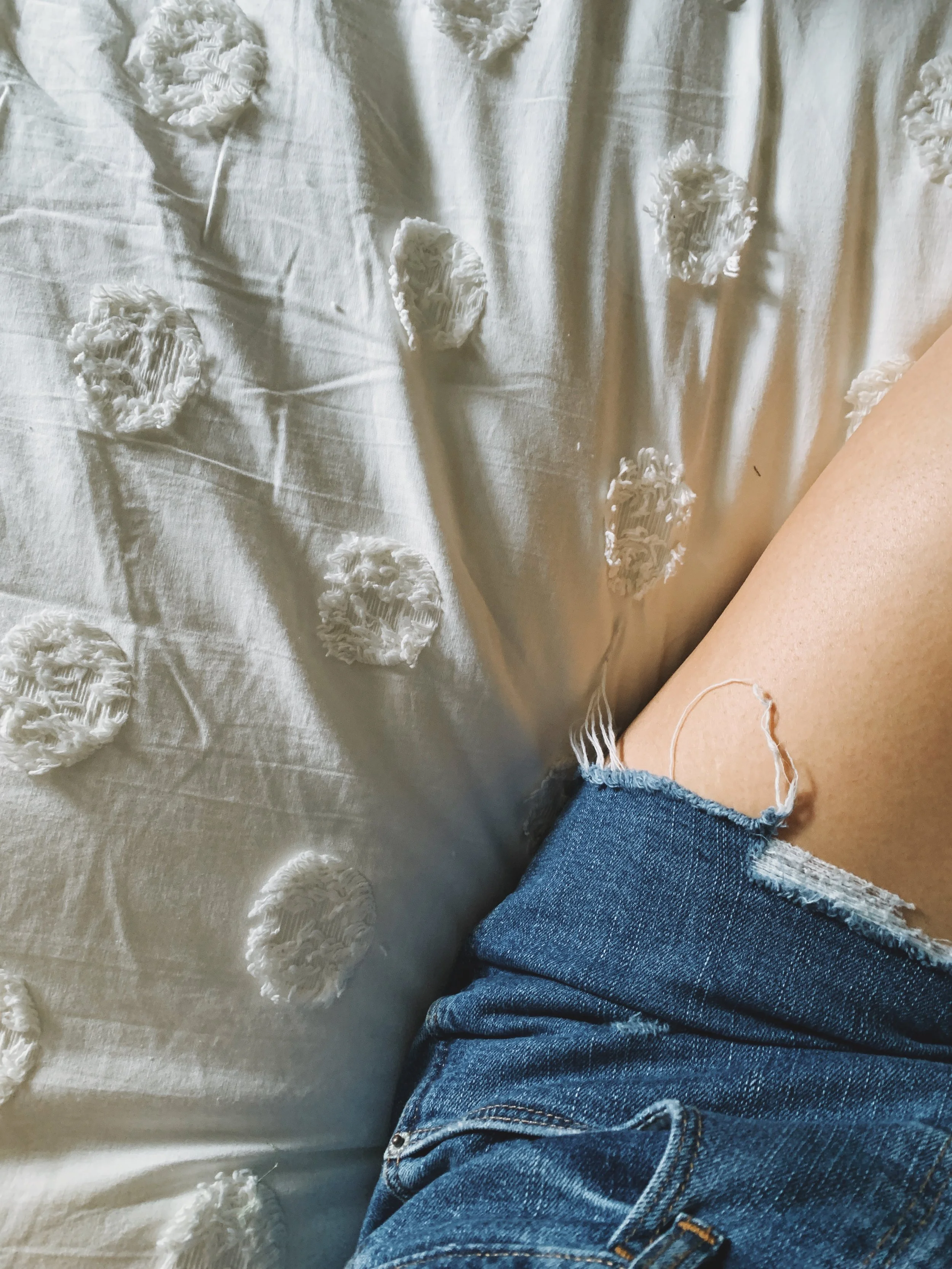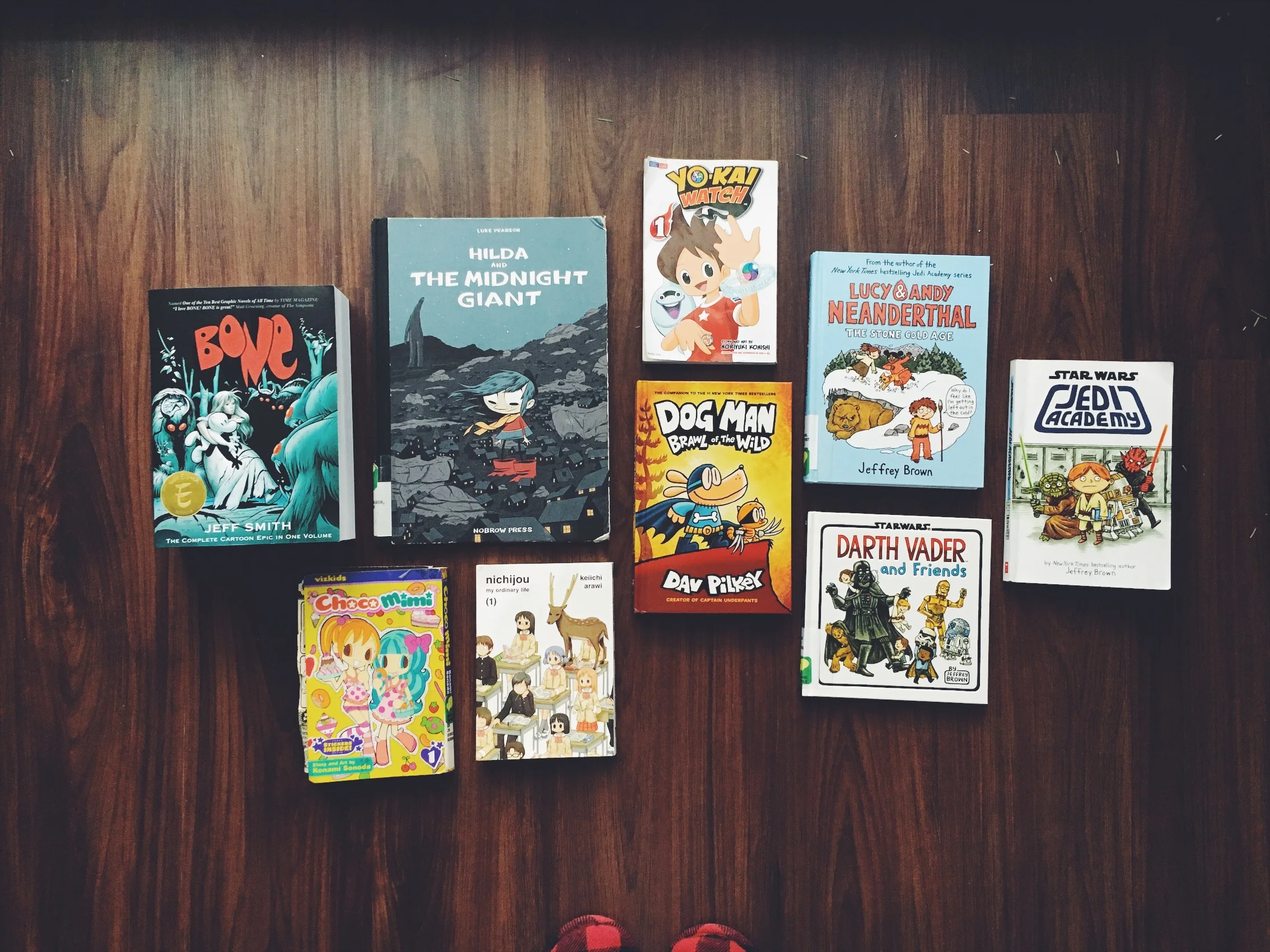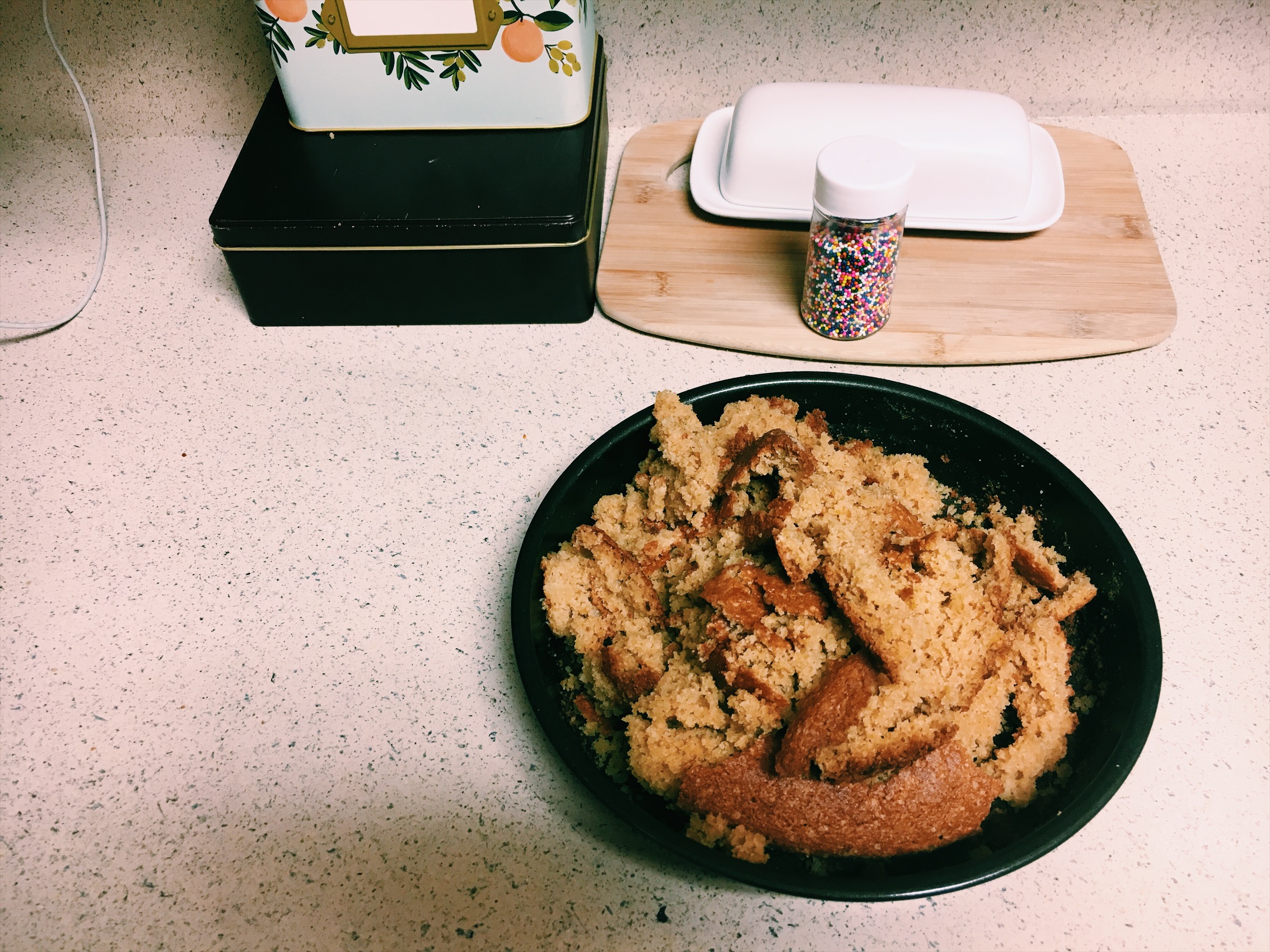A Bike Story
Monday, May 13, 2019
So the end of the bike-to-school story goes something like this: a fall, a jammed wheel, many tears and a surprising rush of fury that a second before was nowhere to be found. A few fucks flew through my head. Theo, oh Theo, made a poor choice that resulted in said fall. The sun was still shining and the weather was still beautiful but now the day was colored by red hot anger. I walked the rest of the way home, lugging sweatshirts and keys and a bike pump that were so perfectly in my little bike basket before they weren’t anymore. I rushed through a shower and flew to work with the windows down, serving as a sort of makeshift blow dryer for my hair.
I had shared on Instagram about our morning bike ride on the way to school on and the swelling sense of community that accompanied it, and it had all seemed so idyllic, and that’s because it was. It was joy and it was that gentle morning light. It was the feeling of being right where you know you’re supposed to be. But it was also only part of the story. I had written this about my experience biking to school that morning: ‘nature and art and exercise and people…this is what we are here for.’ But later I thought—story is missing from that list. Story is queen. And, of course, she found her way back to us through conflict and crushed metal because tension is where the story lives.
Theo felt awful. He wasn’t trying to hurt me. He said through hot tears: “I’m an idiot, you hate me.” And that is when I knew that this was not about a bike. One of the hardest things about parenting is walking the line between trying to make sure my kids feel loved and heard and safe while also teaching them that our choices have real consequences. That life can be difficult and uncomfortable and unfair and that sometimes you have to just do what needs to be done, feelings be damned. How to be strong, but also fiercely kind. Smart and yet compassionate. Humble and empathetic but also critical and pragmatic. How do we do this? How do we be and raise well rounded humans who can both withstand adversity but also be a soft place to land?
From Steinbeck, who I will quote again and again until I die: “And now that you don’t have to be perfect, you can be good.” I tried to help Theo see that we are not merely the sum of our choices. Though Theo made a regrettable decision, he is not bad, he is not hated. He is good. And by good I mean: complicated and conscious and striving for goodness. Imperfect and loved. Messy and tangled, much like my hair on my way to work that afternoon as I thought about story and tension and if my old orange rickety beloved bike could be fixed.






